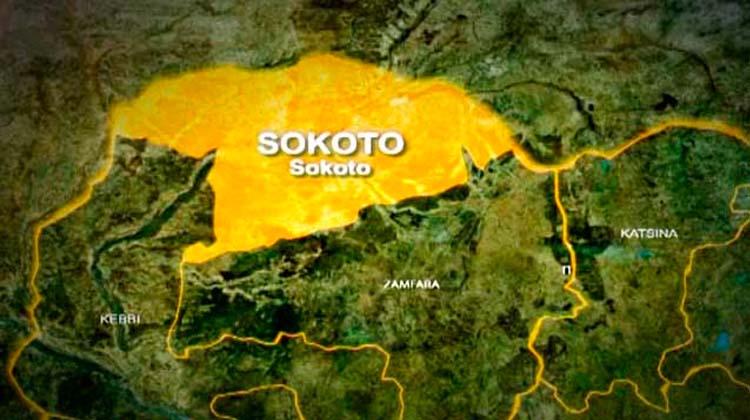
On Thursday morning, young people in Sokoto State joined in large numbers to take part in the nationwide protest against hunger and economic hardships in Nigeria.
Protesters carried various placards expressing their frustrations with the current state of affairs in the country.
Abdullahi Aliyu, one of the protesters, expressed concerns about the high prices of food items in the state when speaking at the entrance gate of the state government house.
He urged the government, particularly at the federal level, to reconsider its policies to provide relief to the less privileged in society.
“It is necessary for us to amplify our voices through these protests to address the current situation in the country. We cannot continue living like this.
“Our leaders must take decisive actions to rectify the imbalance. It is unacceptable for them to claim to represent our interests while many are suffering from hunger and deprivation.”
While some demonstrators maintained peaceful protests around the Round Meruwa Roundabout with security personnel present, another group gathered at the Sultan’s palace to air their grievances.
They called on the Federal Government to reassess its economic strategies.
Mallam Saidu Abubakar, a driver, lauded the Nigerian Police and other security forces for maintaining order without any reports of violence in the state.
Meanwhile, in Kwara State, major thoroughfares in Ilorin, the state capital, were deserted.
Despite heightened security at government buildings such as the Central Bank of Nigeria, courts, and the government secretariat, banks and governmental offices remained closed as employees stayed away in anticipation of the scheduled protests.
Offices at Kwara State secretariat were also shut down as a precaution.
Observations by our reporter revealed that shops and banks in key commercial zones of the town, including the General Post Office, Challenge, Murtala Mohammed Road, Maraba, Taiwo, Agaka, and Oja Oba, were firmly locked as traders refrained from opening their businesses.
